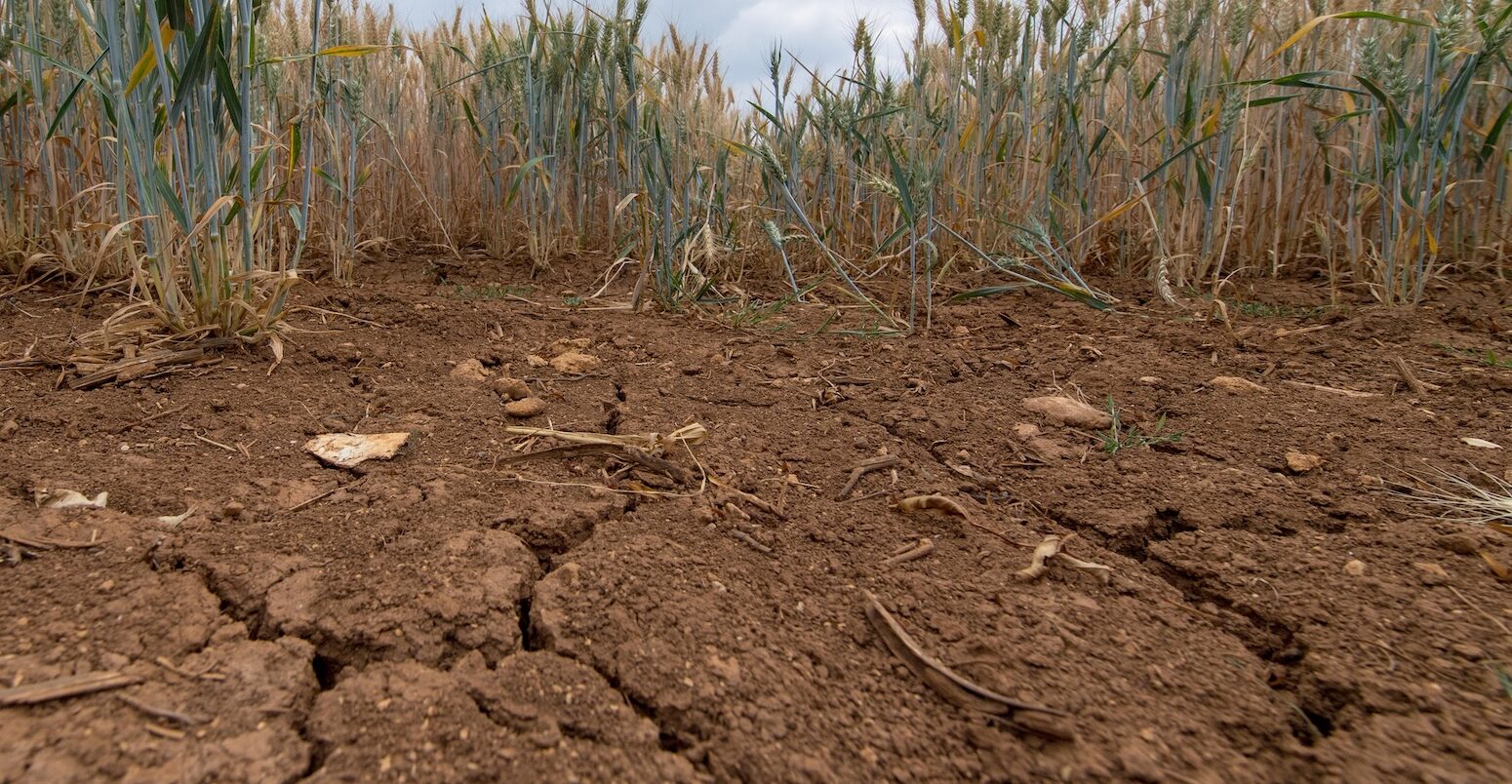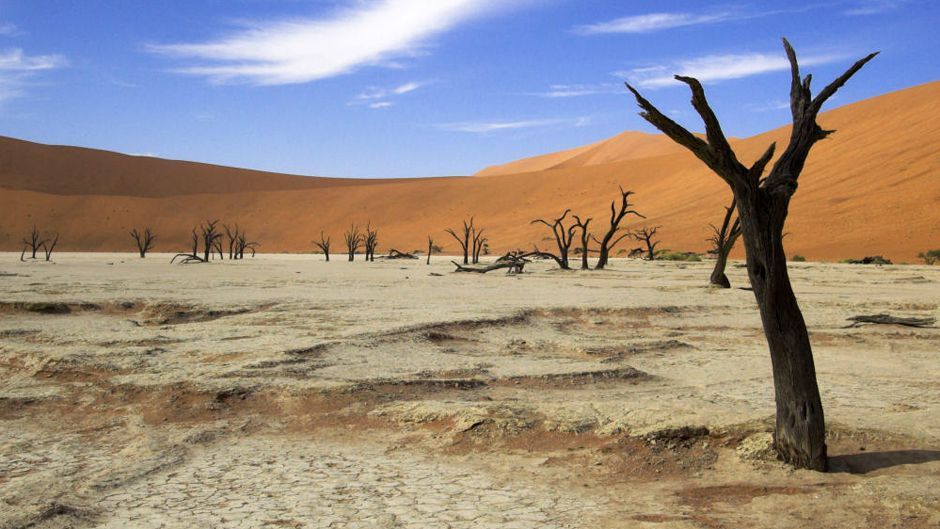The Paris summit failed to unlock real money for climate finance, potentially driving developing countries further into debt without boosting real climate solutions.
Many people probably think about international climate meetings as a space to talk about carbon dioxide, renewable energy and coping with climate impacts.
But the real challenge that underpins almost all questions of climate action and ambition is that old and distasteful chestnut – money.
The Summit for a New Global Financial Pact hosted by French president Emmanuel Macron in Paris last week and the UN climate negotiations in Bonn earlier this month both underlined the unavoidable fact that there is a gaping hole in the funding needed to pay for climate action.
If we are to have a chance of meeting the Paris Agreement goal of limiting global warming to 1.5°C, we need to dream big.
We have to talk about a fair, equitable and funded phase-out of fossil fuels. We have to scale up a renewable energy transformation in solar, wind and energy efficiency, and address many countries’ and communities’ lack of access to energy.
We have to remove key blocks to climate action in all corners of the globe by ensuring real technology transfer and waivers of intellectual property rights on key technologies such as renewable energy. In addition, those who are suffering the real impacts of the climate crisis urgently need support to cope.
But ambitious goals require real money; this is where the planet’s climate plan is failing.
The fact is that the money promised to lower income countries so that they can implement their climate plans still hasn’t appeared.
The hole in the planet’s climate finances put a massive damper on climate talks in Bonn, as developing countries were reluctant to make yet more commitments to action they fear they may never get the funds for.
After all these years of broken promises, developing countries no longer want to take that leap of faith.
Three years late
Rich countries are three years late in meeting the already-insufficient target of $100bn a year in climate finance. What they have provided has been mostly in the form of loans instead of grants. This is pushing climate vulnerable countries deeper into debt to pay for a climate crisis they did not cause.
ActionAid’s recent research shows that 93% of climate vulnerable countries (where data is available) are in or at significant risk of debt distress. The cost of recovering from cyclones, floods, droughts, rising sea levels and crop failures is pushing countries deeper into debt, and preventing many from paying for basic services such as education or healthcare, let alone climate action.
But the problem gets worse. To find the funds to repay their external debt, lower income countries are perversely forced to expand the fossil fuel, deforestation and industrial agriculture activities that are causing the climate crisis. And so the vicious cycle continues.
Even though many have paid back their original loans, a combination of rising interest rates, successive currency devaluations, fluctuating global commodity prices and the destructive impacts of climate change have kept the debt repayment finish line perpetually out of reach.
Unconditional debt cancellation and scaled-up climate finance in the form of grants are therefore urgently needed to help countries sinking deeper into climate-destructive debt, and to give the whole planet a real glimmer of climate hope.
Last week’s summit – held in the same city that hosted the historic Paris Agreement – rightly diagnosed that the lack of climate finance is the single biggest threat to our planet’s survival.
What a disappointment, then, to see so many world leaders come together to pledge so very little.
Big dreams on climate action were met with tiny concessions on financing. Rich countries said there was a “good likelihood” they would meet their $100bn target this year, but most of that will still be in the form of loans not grants.
Future loans may be granted a brief two-year debt relief pause in repayments in the aftermath of climate disasters.
We saw growing interest in new tax regimes on shipping and financial transactions, which, if implemented carefully to be progressive and avoid putting more burdens on the poorest, could make a real contribution in future. However, nothing was actually agreed, other than a roadmap of processes whose outcomes are still unclear.
The summit also failed to even discuss the need to scale down lending to fossil fuels.
The only real announcement of note was from the World Bank and the International Monetary Fund. Amid much fanfare about “unlocking funds for climate action,” the big announcement actually boiled down to the World Bank giving more loans to developing countries.
Unlocking real money
All this hoo-ha to tell countries on the frontlines of the climate crisis that they need to get deeper into debt to pay for the crisis they did not cause. The Bridgetown emphasis on “private finance” i.e. loans, not grants, means this isn’t justice, or even a handout; it’s a slap in the face.
It’s time for powerful governments to unlock real money rather than simply give out more loans. Global action on tax is urgently needed and could be transformative.
But more immediately, at the very least, they need to recognise debt cancellation as a key part of the climate solution. Because climate finance is not only about making climate action fair. It is about making climate action possible. Teresa Anderson is global lead on climate justice for ActionAid International




